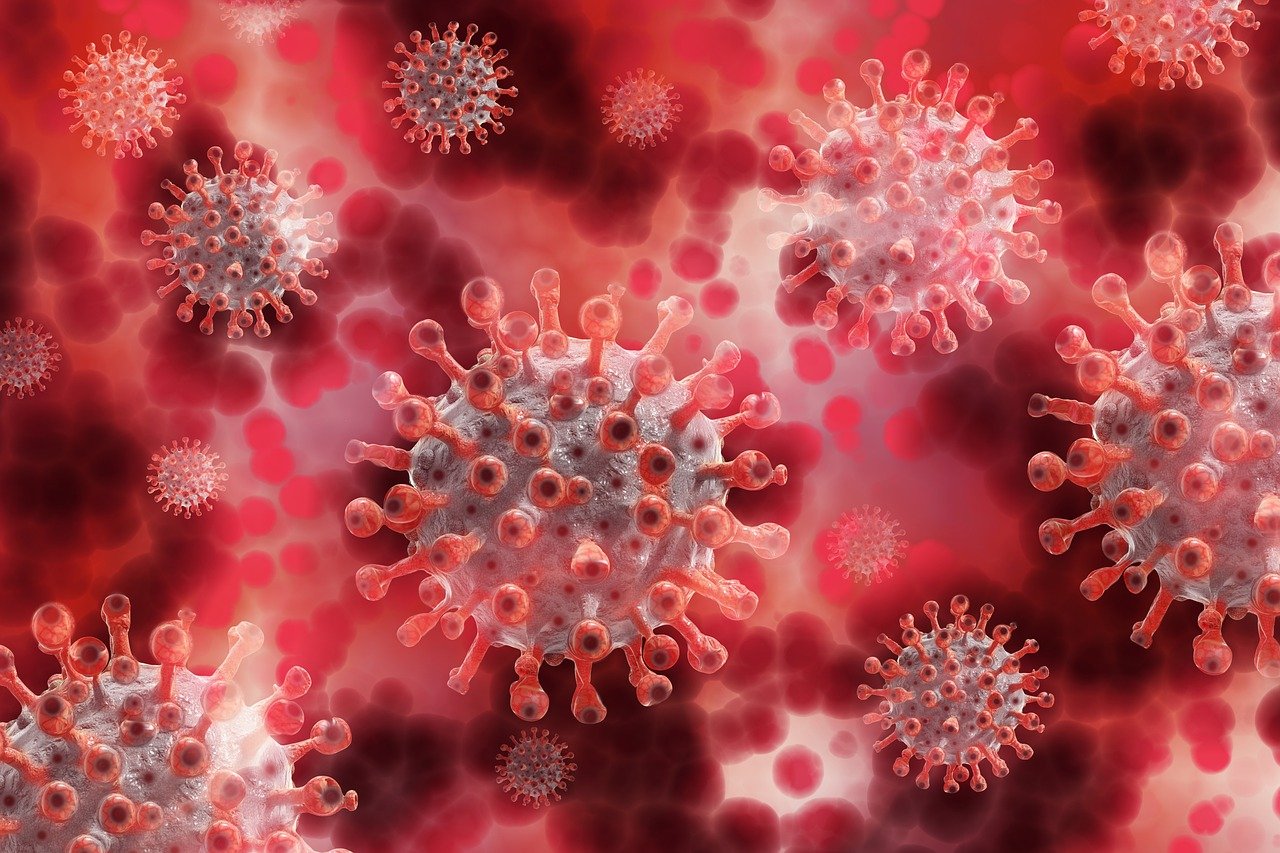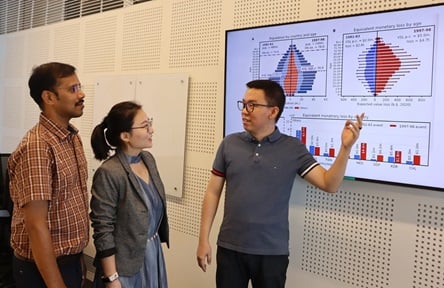Catch me if you can: how three infectious disease agents evade the immune system

COVID-19 and the threat of Disease X – a severe global pandemic in the future that a yet unknown pathogen could cause – have drawn the world’s attention to the devastating impact that infectious diseases can have on human health and society. However, the rising threat of drug-resistant infections makes treating communicable diseases more difficult. Changes in weather patterns caused by climate change may also lead to an increase in insect-borne infectious diseases.
Pathogens have developed various ingenious ways to evade the detection of the host immune defense system and cause disease. An understanding of these strategies is essential for treating infectious diseases effectively.
Researchers at NTU Singapore are understanding more about how the respiratory syncytial virus, Chikungunya virus and malaria parasite escape being eliminated by the immune system. By shedding light on how these pathogens cause infections, replicate undetected and escape being killed by white blood cells, the scientists are unlocking new knowledge on how pathogens cause disease.
Their findings could pave the way to new and more effective treatments for infectious diseases.
Read more at the NTU Research Hub.






